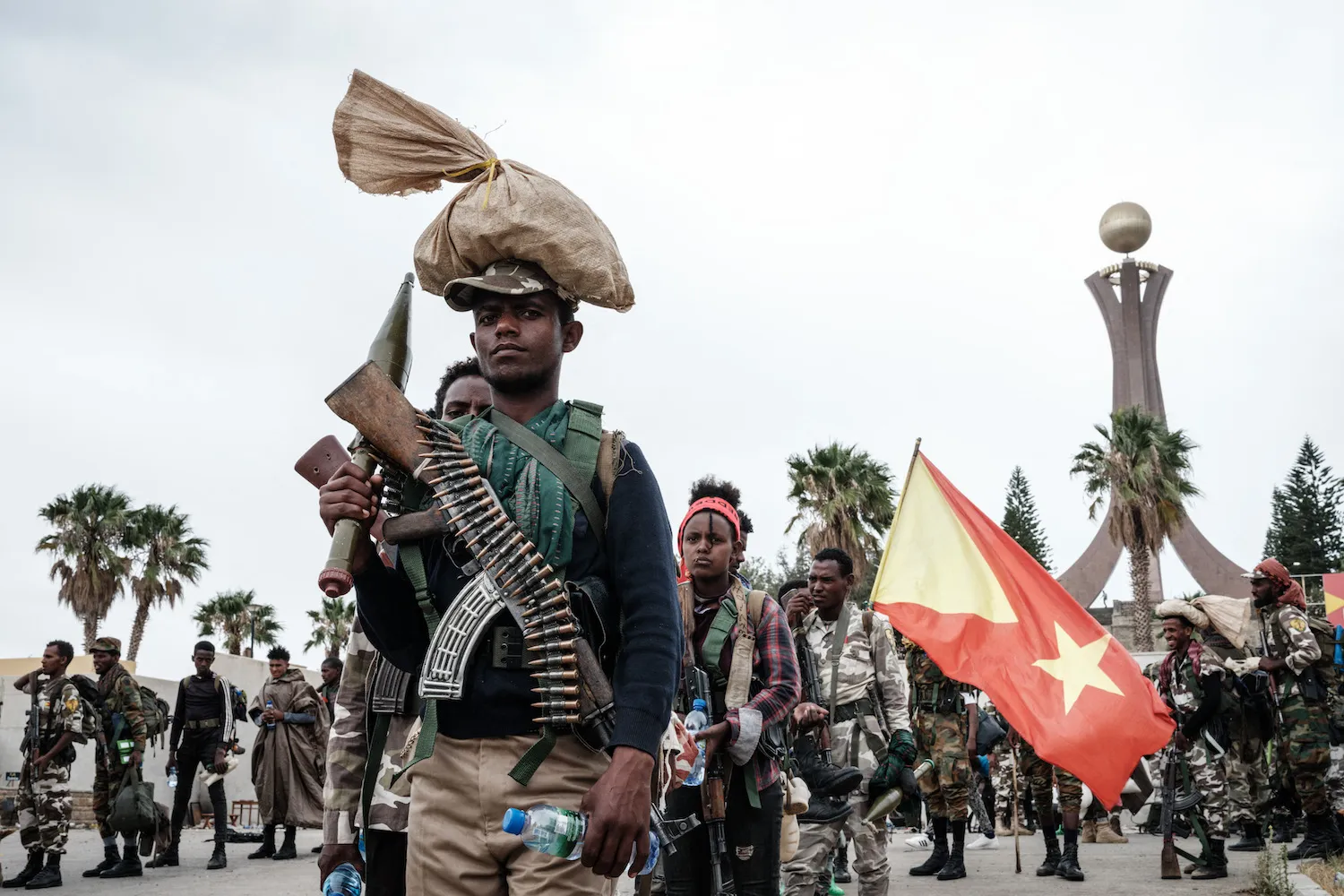Eritrea, which sent in troops to fight alongside the Ethiopian government forces during the conflict, has rejected accusations from residents and rights groups that its soldiers committed abuses in Tigray.
In comments to Reuters, Eritrea’s information minister Yemane Ghebremeskel described the report’s finding as defamatory and said the country was preparing its formal response.
Ethiopia’s army and government spokespeople did not respond to requests for comment on the report.
Radhika Coomaraswamy, a member of the commission, described the sexual violence taking place in the conflict as being ‘as bad as it gets’.
“I must admit the worst of this was that perpetrated by Eritrean forces in Tigray. Though, of course, Ethiopian forces were also responsible,” she said, adding that Tigrayan forces had also perpetrated sexual violence in Amhara.
The Commission’s report said violations “have been abetted or tolerated by the federal government,” which it said failed in its duty to protect its population.
The report said the Ethiopian National Defence Forces, Eritrean Defence Forces and allied regional special forces carried out a “widespread and systematic attack” against civilian populations in the form of murder, torture, rape and other violations.
Ethiopia, which has tried in the past to have the U.N.-mandated inquiry stopped, “has sought to evade international scrutiny,” according to the commission, whose requests to meet with government officials and travel to the country went unanswered.
Ethiopia’s government and its armed forces have repeatedly denied that their soldiers committed widespread crimes on their own, or with Eritrean forces, and have promised to investigate complaints of individual abuses.

